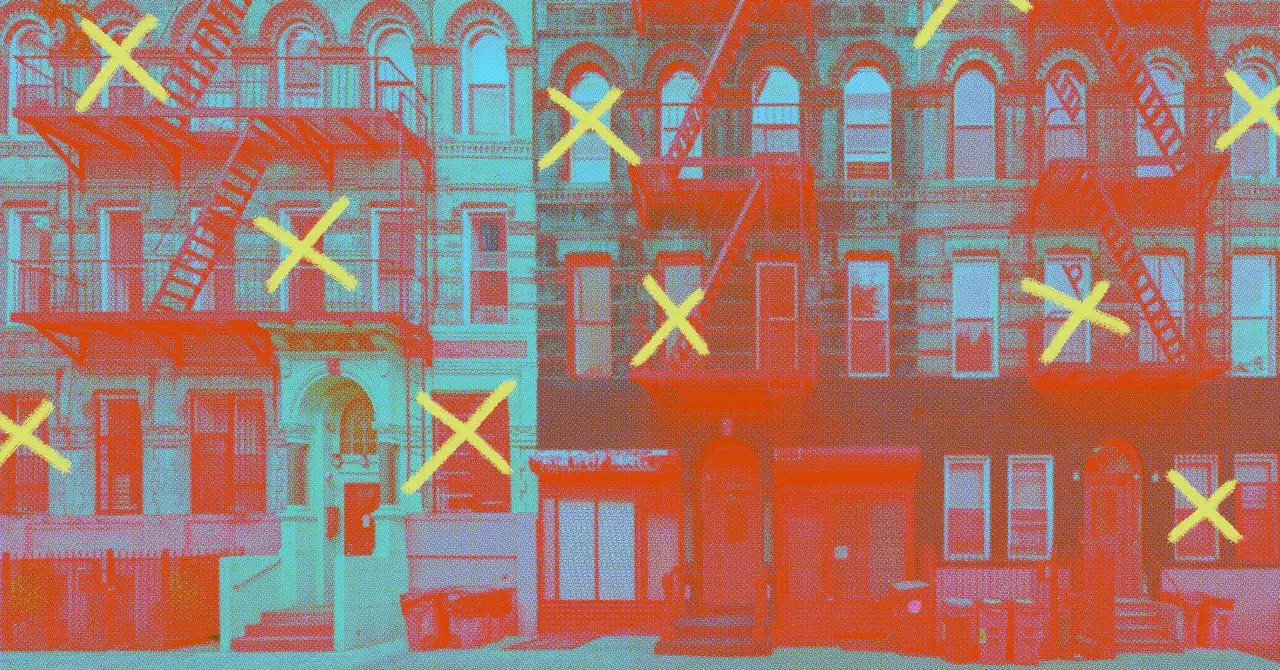It has been a year since New York implemented a law that prohibited most whole-apartment rentals for short-term stays on platforms like Airbnb. The aim of this legislation was to reduce rents and free up apartments for full-time residents. However, despite these intentions, the outcome of the law has raised questions about its effectiveness. While the number of stays under 30 days has significantly decreased in the city, there are doubts about whether the desired goals have been achieved as intended.
In response to New York’s Local Law 18, Airbnb protested in court, claiming that it essentially banned the platform. Despite their efforts, the law was upheld, leading Airbnb to question the outcomes and request reconsideration from New York. The company expressed concerns about the continued high rental prices and limited housing availability in the city. Theo Yedinsky, vice president of public policy at Airbnb, emphasized the need for sensible adjustments to the law to address these issues. Specifically, Airbnb is advocating for the ability to rent out a full primary residence when the host is away for short periods and for the removal of a requirement that prohibits locks on internal doors for stays under 30 nights.
When New York introduced this law, it served as a test case for regulating short-term rentals, which have posed challenges in various cities worldwide. Issues such as noise disturbances, parties, and the potential depletion of housing for local residents have prompted other cities to consider similar restrictions. For instance, Barcelona recently announced plans to ban all short-term rentals by late 2028. However, opponents argue that such regulations not only impact large-scale landlords but also prevent small homeowners from earning supplemental income to cover housing expenses.
Following the enactment of the law in New York, there was a significant reduction in short-term rentals on platforms like Airbnb. The number of listings dropped by nearly 70 percent, with the most significant impact observed in neighborhoods outside of Manhattan. Data from AirDNA indicates that certain areas in surrounding boroughs experienced a 90 percent decline in short-term rental listings. As of July, there were over 5,000 short-term rentals on Airbnb in New York, compared to more than 32,000 listings available for stays lasting 30 nights or longer.
Despite the decrease in short-term stays, there is evidence to suggest that many properties have not transitioned to yearlong leases but instead remain available for mid-length stays on Airbnb. The ongoing debate around short-term rental regulations highlights the complexities involved in balancing the needs of hosts, residents, and tourists. As cities continue to grapple with these issues, finding solutions that address concerns from all parties involved will be crucial for fostering a more sustainable and equitable rental market.

